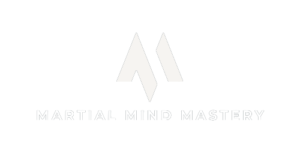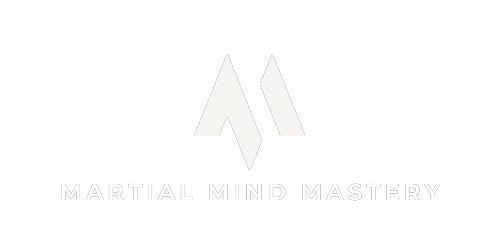The American Institute of Stress estimates that workplace stress costs the American economy $300 billion a year in lost productivity, absenteeism, and medical, legal, and insurance expenditures. Employees who experience extreme stress have healthcare costs that are roughly 46% greater than those who do not.
According to a National Institute for Occupational Safety and Health (NIOSH) report, work-related stress, which includes elements like burnout and job strain, costs American firms $190 billion in medical costs every year.
The European Agency for Safety and Health at Work (EU-OSHA) estimates that stress at work and mental health problems cost Europe some €617 billion ($724 billion) a year. These costs cover direct costs like medical treatment and rehabilitation and indirect costs like lost productivity and presenteeism, which is when workers are present but not entirely productive.
In a 27 European Union (EU) Member States survey, the European Foundation for the Improvement of Living and Working Conditions (Eurofound) discovered that stress-related expenses typically accounted for 3–4% of GDP.
We can do better, a lot better. These are just the hard numbers; the economic side of stress, which is, of course, devastating on so many levels. Also, imagine the social, mental, emotional, and relational impact stress has on individuals and society as a whole.
Although we might not be able to immediately change our external environment, we most definitely can learn how to control our internal environment.; our mental and emotional well-being.
Self-care is not selfish. You owe it to yourself, and your environment to take control of your internal state. This is our own individual responsibility. Being in charge of your internal state is very empowering. You are no longer a victim of external events.
The choice is yours. Don’t wait for your circumstances to change. The time to start some form of meditation or mindfulness practice is more important now than ever. Any change starts with the awareness that change is needed. Find a practice that best suits your individual needs and start today. Ideally, a holistic approach whereby Body, Mind & Emotions are involved. Motion creates emotions.
Cultivate skills to reduce stress and improve your health and well-being, and ultimately live a far more balanced life, with inner peace and immense Joy.

